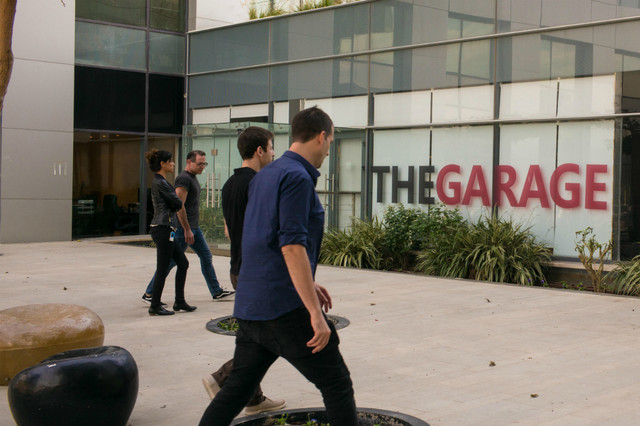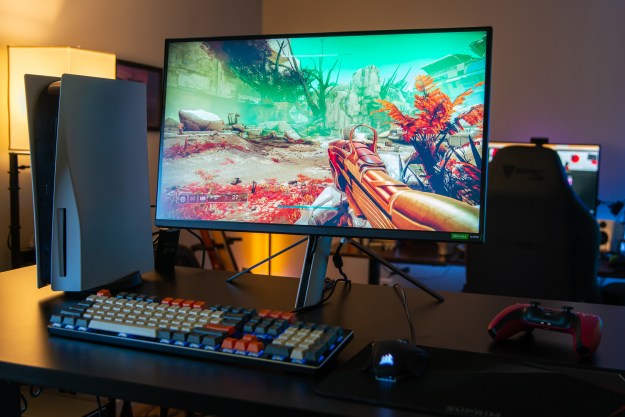
Not everyone wants to be tied to a cloud storage solution, however. Some would rather work more directly with someone on co-creating a piece of work. Microsoft’s Garage team of internal hackers have created a new solution just for those people called Project Lively, Venturebeat reports.
More: Microsoft Garage shuttering experimental Cache app at the end of February
Project Lively is a new app and service that integrates with Word 2016 on Windows and Mac, along with the online version of Word that comes with Office 365. Using Project Lively, you can send a document to another Word user that will keep both of you informed when changes are made — only without needing to save the document to a shared cloud storage location.
The process is rather simple. Once you have installed the Project Lively Word add-in, you create a document in Word as usual and then save it within the Project Lively window. You can then share the document as you would normally do, via email, internal network share, USB drive, or another method. You can even email the document to yourself and access it on another machine to keep both versions in sync.
Now, every time you update the document, Project Lively will send a notification to anyone working with that document that a change has been made. Project Lively also serves as a sort of ad hoc backup solution because the service maintains your documents in the Microsoft Azure cloud.
For now, Project Lively doesn’t handle merge conflicts and so it’s by no means intended to replace more robust collaborative tools like Office 365. It’s also a Microsoft Garage project, meaning it is experimental and could stop working at any time if Microsoft decides to move on to something else. Nevertheless, it’s an interesting tool for informal collaboration and it’s free. Just install the add-in from here and get to work.
Editors' Recommendations
- Use Office? Your PC could be at risk due to this Microsoft change
- Microsoft is phasing out the default Office font. Here’s what could replace it
- An in-depth look at Lists, Microsoft’s comprehensive answer to Asana
- Working from home? Don’t miss this outstanding Microsoft Office 365 deal
- Microsoft’s new Office app hints at the Surface Duo’s potential



